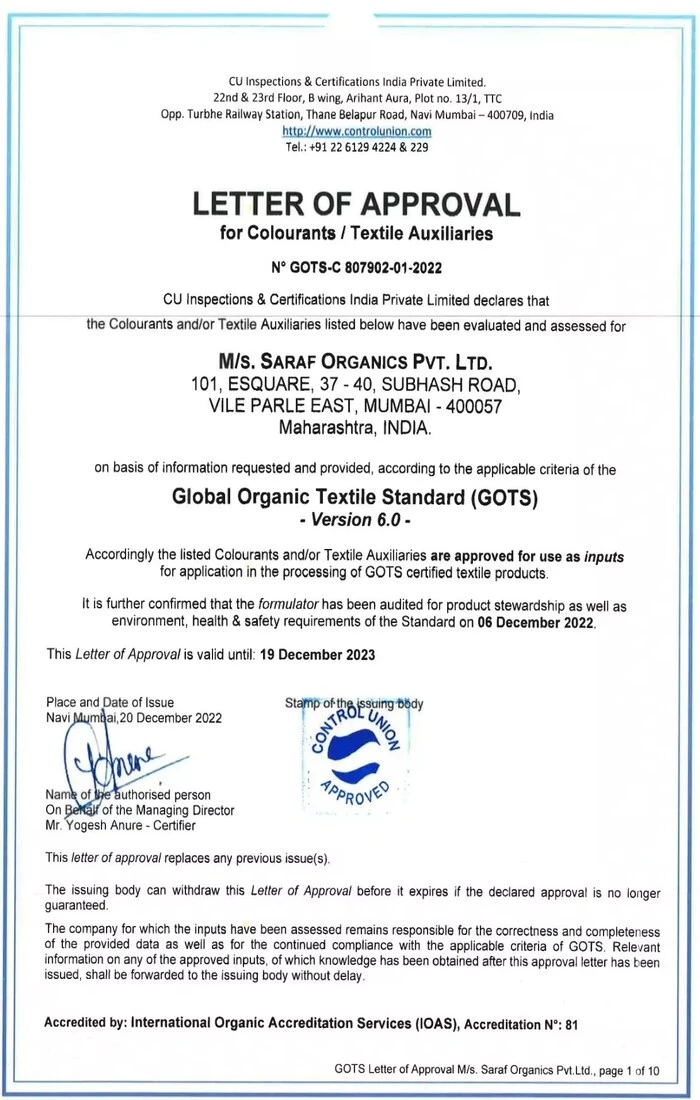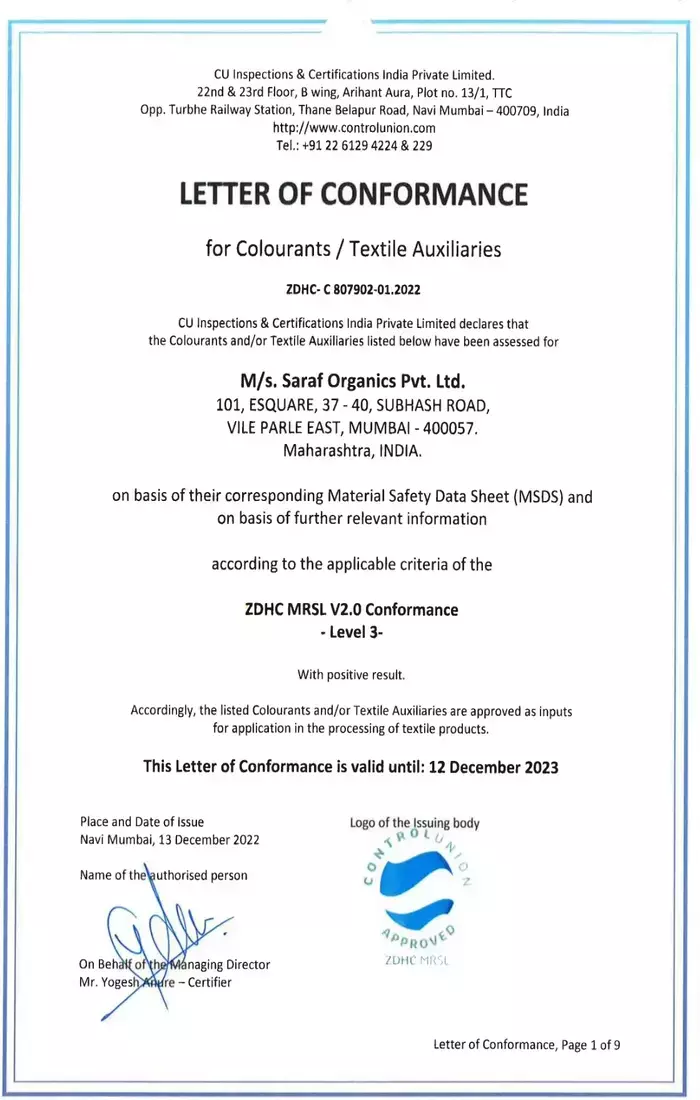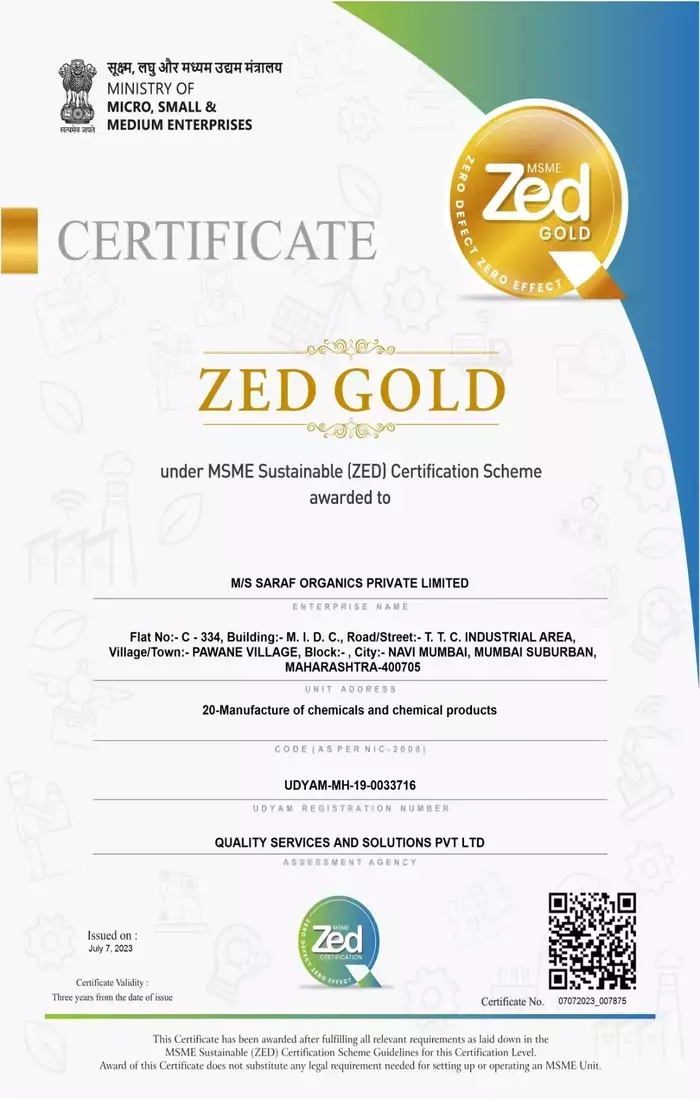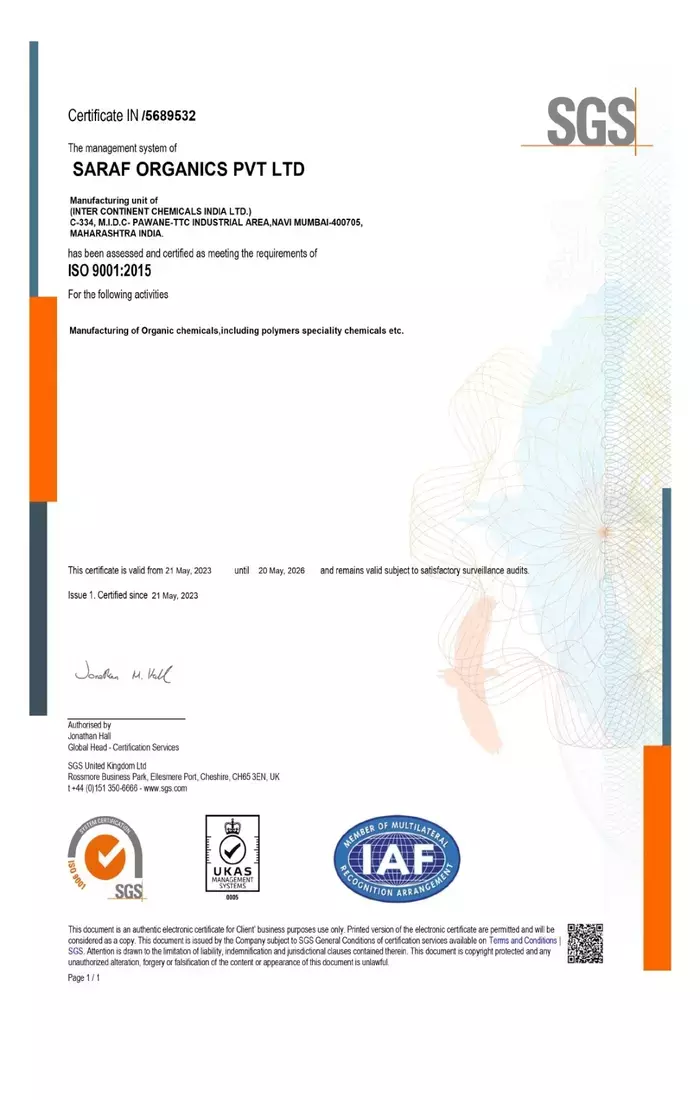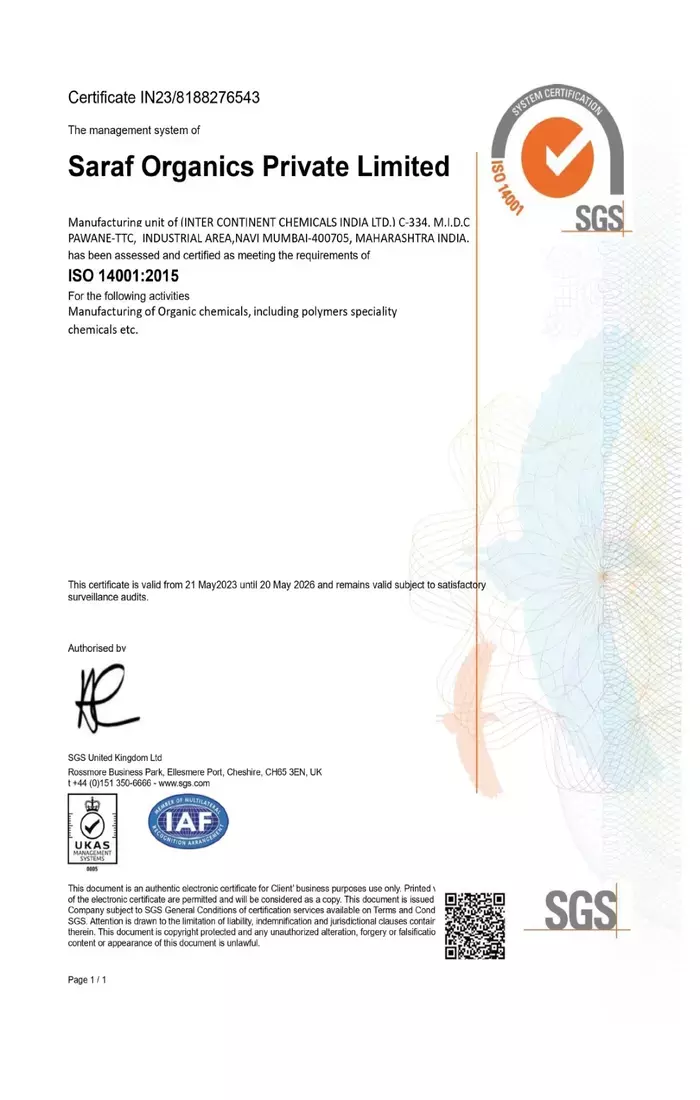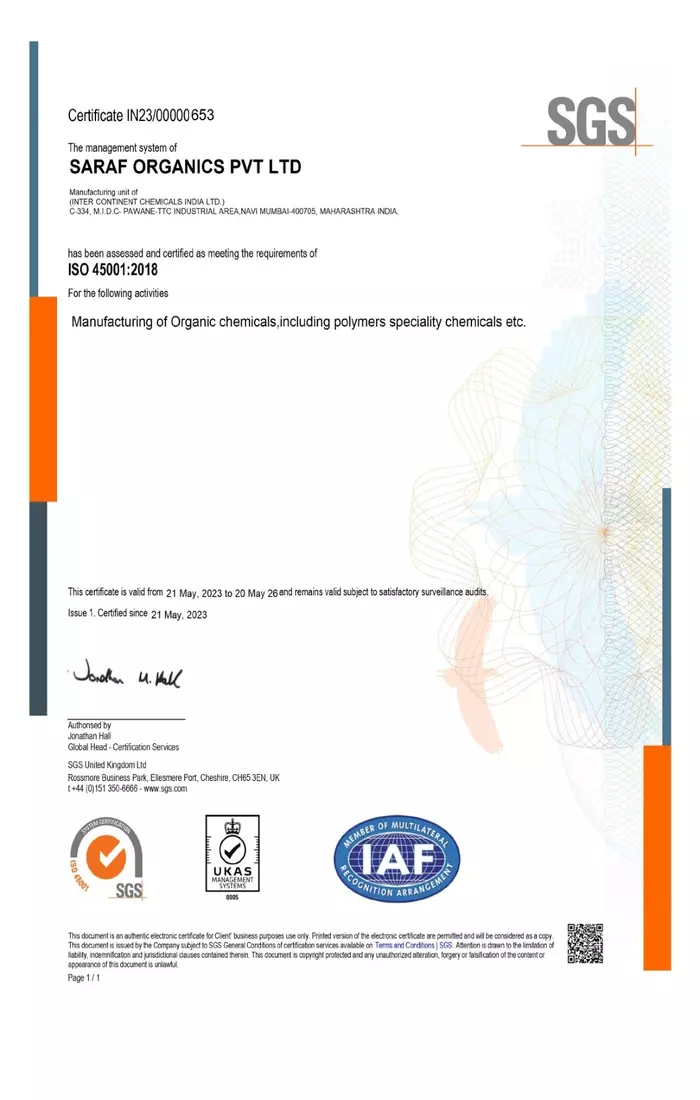
Special polymers Textiles Softeners
Function:
Polyurethane finishes create a film on the fabric surface, contributing to properties such as water repellency, elasticity, and durability.
Applications:
Applied in various finishing processes, including padding or coating methods.
Function:
Fluorocarbon polymers provide water and stain repellency to fabrics, making them resistant to liquids and dirt.
Applications:
Commonly used in outdoor and performance textiles, as well as in Applicationss where water and stain resistance are essential.
Function:
Acrylic polymers form a film on the fabric surface, enhancing properties such as abrasion resistance, color fastness, and durability.
Applications:
Applied through padding or coating methods, suitable for various fabric types.
Function:
Silicone polymers impart softness, smoothness, and water repellency to fabrics. They enhance the hand feel and provide a silky touch.
Applications:
Used in finishing processes to achieve a soft and smooth texture, commonly applied through padding or exhaust methods.
Function:
Melamine formaldehyde resins create a crosslinked structure on the fabric surface, contributing to properties such as wrinkle resistance and dimensional stability.
Applications:
Used in wrinkle-resistant finishes, applied through padding or exhaust methods.
Function:
Acrylate copolymers enhance fabric performance by providing properties such as water repellency, soil release, and easy care.
Applications:
Applied in finishing processes, often through padding or coating methods.
Function:
Chitosan, derived from chitin, is used as a natural polymer to impart antimicrobial and moisture management properties to fabrics.
Applications:
Applied through finishing processes, suitable for textiles where antimicrobial or moisture-wicking properties are desired.
Function:
PCMs are polymers that absorb and release heat to regulate body temperature. They are used to enhance the thermal comfort of fabrics.
Applications:
Applied in finishing processes, especially in textiles for sportswear and outdoor apparel.
Function:
Polyester resins are used to enhance the dimensional stability and durability of fabrics.
Applications:
Applied in various finishing processes, including padding or coating methods.
Function:
Cationic polymers are positively charged and are often used to provide softness and improve the hand feel of fabrics.
Applications:
Applied in finishing processes, commonly through padding or exhaust methods.


